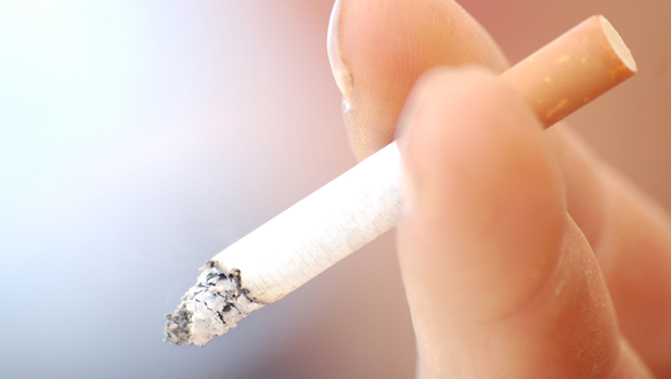
Smokers were in line for even steeper tobacco tax increases in the Budget if the Ministry of Health's proposal for 12.5 per cent increases had not been rejected by ministers.
Tobacco will go up by 10 per cent a year for four years from January 2017, driving the price of a pack of cigarettes to $30 from about $22 now. But Budget documents show the Ministry of Health had asked for a sharper increase.
It had wanted an immediate Budget night increase followed by a further four annual increases of 12.5 per cent from January next year. Anti smoking groups such as Aspire 2025 have called for 20 per cent annual increases.
However, Ministers opted for Treasury's lower 10 per cent figure despite Treasury saying it would not be enough to achieve a goal of being smokefree by 2025.
Treasury said smoking was more prevalent among lower income people. While some would cut back, others would instead cut out other spending to pay for cigarettes.
"While increases of this magnitude would not, on their own, achieve the Smokefree goal, we believe they balance the need to drive further reductions in smoking with the recognition that ultimately some smokers will not cut back."
Treasury looked at the impacts of tax increases of 10, 12.5 and 15 per cent.
Since 2006, the smoking rate has dropped from 18.3 per cent to 15 per cent in 2014/15 - but there are much higher rates among Maori and Pacific people of 35 per cent and 22.4 per cent respectively.
The Budget 2016 tax hikes increases follow earlier annual 10 per cent increases over the past six years. About 55 per cent of the price of a pack of cigarettes is tobacco excises.
The Government spends about $60 million a year on quit smoking programmes and reaps in $1.5 billion a year in tobacco taxes. It is estimated that smokers cost about $1.9 billion more in excess health care costs over non-smokers.
NZ First leader Winston Peters said the tobacco tax increases were an attack on workers.
Take your Radio, Podcasts and Music with you









